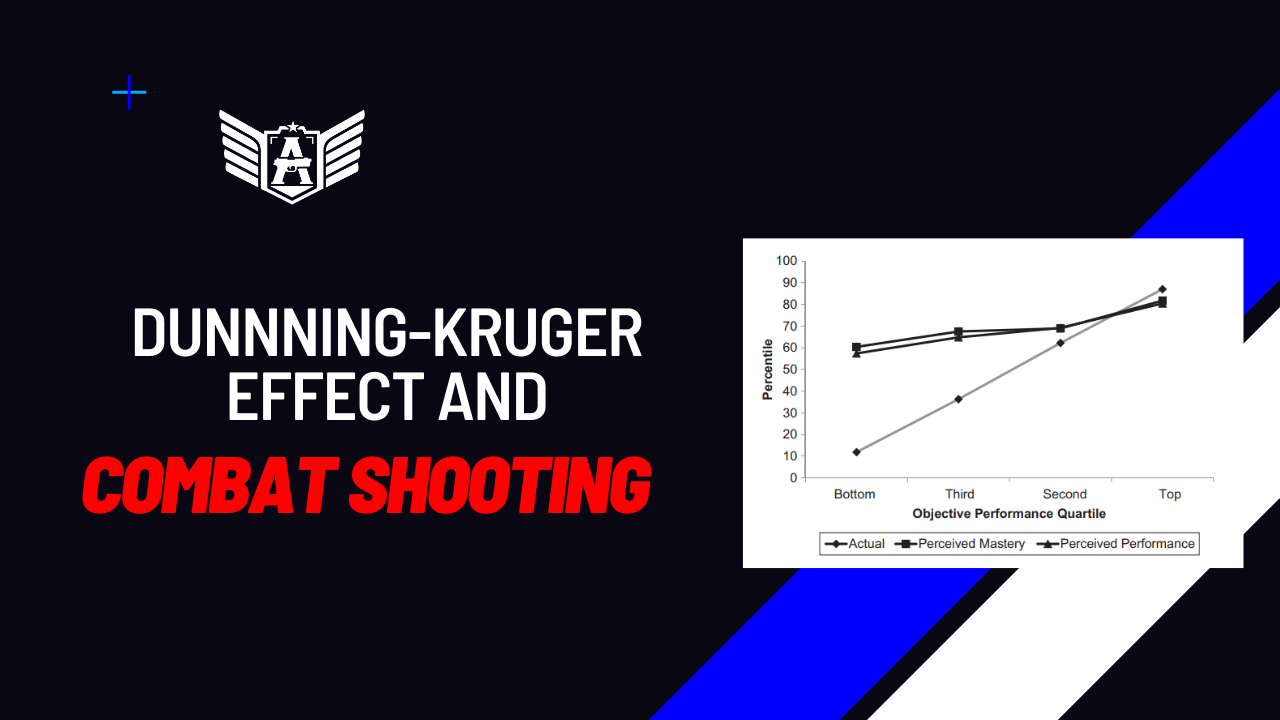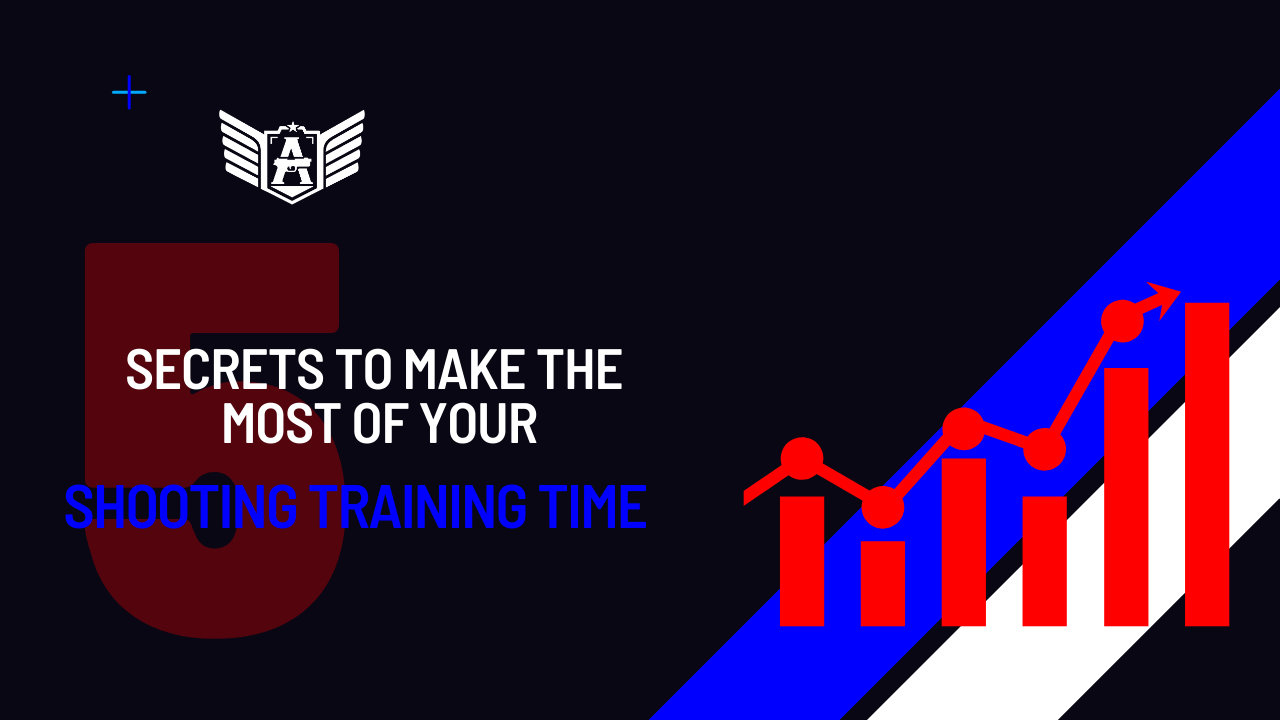
Would your self-assessment of your level of knowledge in armed combat overestimate your actual performance, or would your perception of your skill level fall short of your true reality?
American researchers Justin Kruger and David Dunning dedicated themselves to studying this discrepancy between self-perception and reality regarding a range of skills, which became known as the Dunning-Kruger effect, starting in 1999. (1)




The original article analyzed the difference between assessment and concrete results in the areas of humor, grammar, and logic. Since then, numerous other researchers have sought to study the phenomenon.
Masquijo, J., & Bettendorff, M. C. (2024) studied the Dunning-Kruger Effect in the field of medicine. Alscher, P., Ludewig, U., Kleinkorres, R., & McElvany, N. (2024) delved into the effect in political knowledge. Yang Hansen, K., Thorsen, C., Radišić, J., Peixoto, F., Laine, A., & Liu, X. (2024) studied the differences in perception and performance in mathematics tests among European students. Pratt, S., Pan, B., Agyeiwaah, E., Lei, S. S. I., Lugosi, P., Kirillova, K., … & Park, S. (2024) corroborate the existence of the Dunning-Kruger Effect on tourism knowledge, testing 1493 respondents from 22 universities across 16 countries.


Ironically, upon searching the main databases of academic articles, it was not possible to find, as of the date this text is written (Apr/2024), any research that sought to relate the Dunning-Kruger effect to armed combat, shooting, police activity, or the confrontation of lethal threats. We suggest this as an avenue for future research.
Based on a brief literature review, it’s inevitable to attempt to extrapolate the conclusions to activities related to firearms: it seems evident that armed civilians, police officers, military personnel, and private security agents may also overestimate their combat abilities when compared to their actual skills.


Imagine how dangerous it would be for an armed civilian to enter combat, believing his/her combat ability is a 10, when in reality it may barely reach a 7.
When it comes to high-risk situations, Rubin, A., & Froustis, E. (2023) published the article titled “How the Dunning-Kruger Effect Impairs Professional Judgment in High-risk Professions” in the Journal of Student Research and found that the bias was prevalent among medical and aviation students and also adversely affected criminal investigations.
Have you ever conducted such self-analysis?
Well, we at ABA Intl. have. And we also focus our efforts on providing means for our students not to suffer from this ailment, which would directly affect their safety. Our T-M-M Triad forces our students to know exactly where they stand in relation to a reference point and, consequently, know where they should be.
To prevent yourself from falling victim to the Dunning-Kruger effect, best practices suggest:
- Understanding the effect and its detrimental outcomes on your activity
- Being constantly attentive to constructive criticism and technological and scientific innovations
- Following an evidence-based evaluation process (TMM Triad)
References and Bibliography
(1) Kruger, J., & Dunning, D. (1999). Unskilled and unaware of it: How difficulties in recognizing one’s own incompetence lead to inflated self-assessments. Journal of Personality and Social Psychology, 77(6), 1121–1134. doi:10.1037/0022-3514.77.6.1121
(2) Dunning, D. (2011). The Dunning–Kruger Effect. Advances in Experimental Social Psychology, 247–296. doi:10.1016/b978-0-12-385522-0.00005-6
(3) Alscher, P., Ludewig, U., Kleinkorres, R., & McElvany, N. (2024). When Will They Know What They Don’t Know?-Political Knowledge and the Infamous Dunning-Kruger Effect. Political Knowledge and the Infamous Dunning-Kruger Effect.
(4) Yang Hansen, K., Thorsen, C., Radišić, J., Peixoto, F., Laine, A., & Liu, X. (2024). When competence and confidence are at odds: a cross-country examination of the Dunning–Kruger effect. European Journal of Psychology of Education, 1-23.
(5) Pratt, S., Pan, B., Agyeiwaah, E., Lei, S. S. I., Lugosi, P., Kirillova, K., … & Park, S. (2024). Tourism myths and the Dunning Kruger effect. Annals of Tourism Research, 104, 103620.
(6) Wikipedia (Ok, Guys, I’m sorry!) https://en.wikipedia.org/wiki/Dunning%E2%80%93Kruger_effect
(7) Rubin, A., & Froustis, E. (2023). How the Dunning-Kruger Effect Impairs Professional Judgement in High-risk Professions. Journal of Student Research, 12(4).




